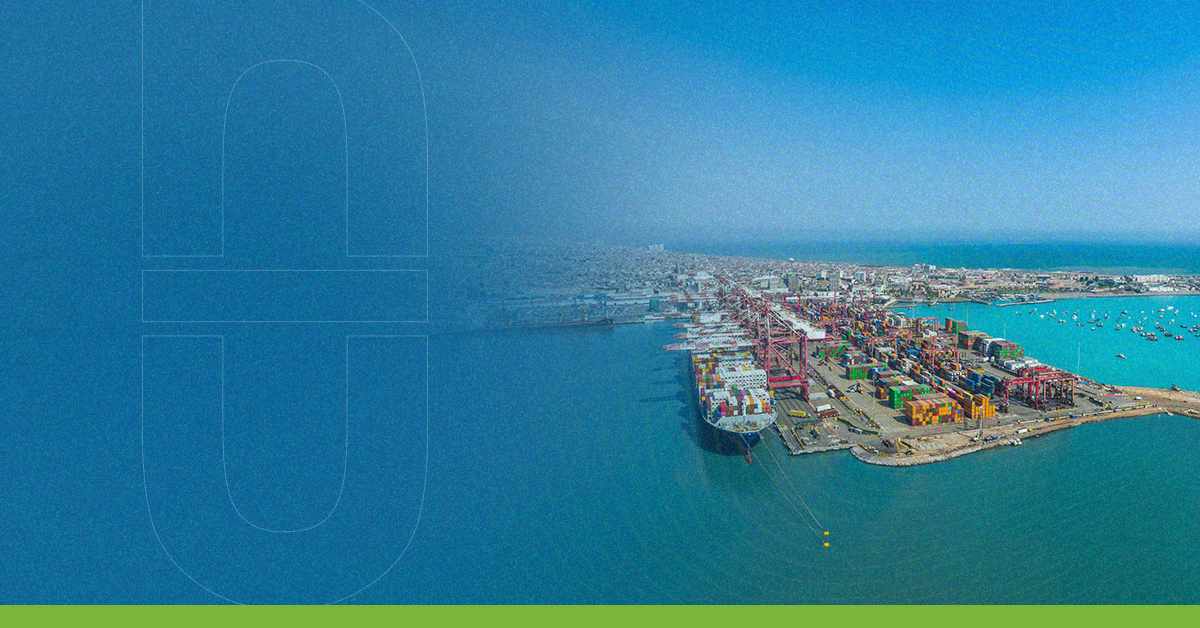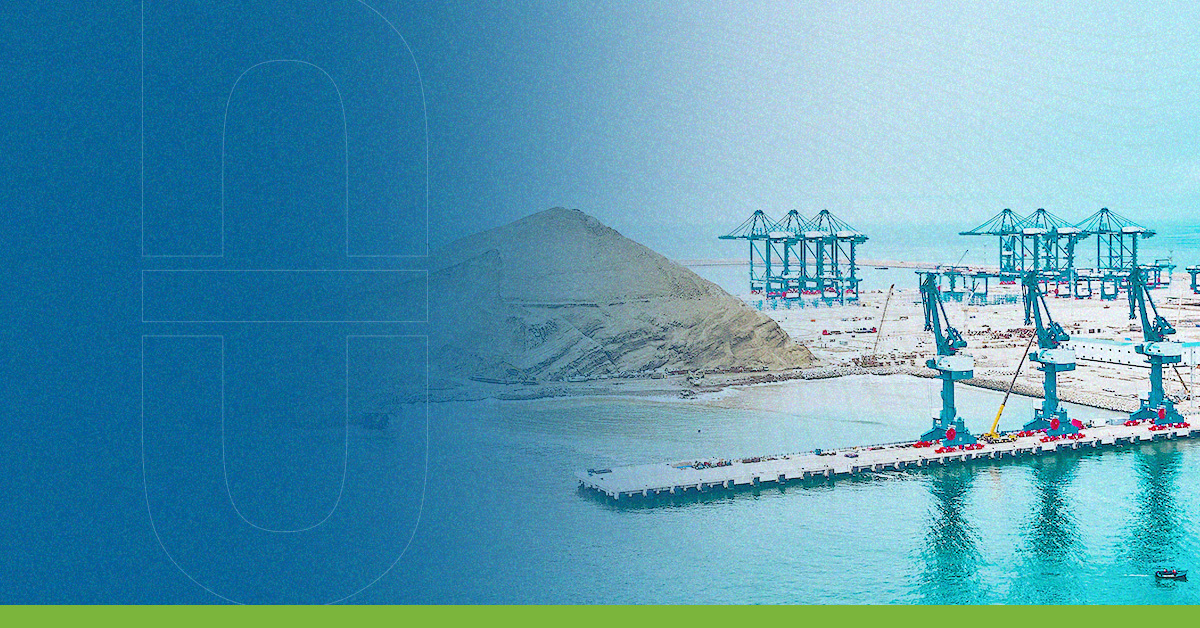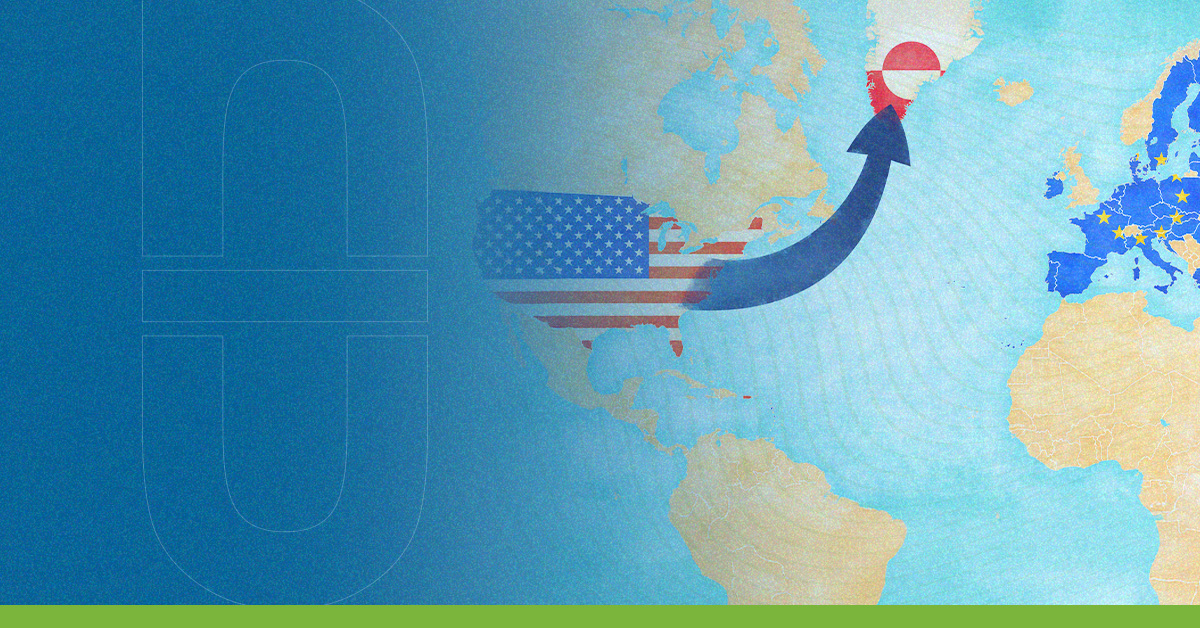Maritime cabotage turns out to be a really viable alternative to the already typical land transport, especially when seeking to speed up trade at the national level in times of natural disasters. Peru is aware of the benefits of this type of logistics, which is why it has already approved this modality, which not only aims to make local transport more flexible, but also foreign trade.
The news has been offered by Elizabeth Galdo, current Minister of Foreign Trade and Tourism, who has approved the bill ”5175/2022-PE”, which in turn was legalized by the Congress of the Republic to contribute to the national and international economy.
The project resulted in about 72 votes during the plenary session, admitting the rule initially proposed by the Ministry of Transport and Communications without major inconveniences thanks to a joint work with Mincetur, which helped in several important aspects in what has already become law.
Greater flexibility in maritime cabotage
The new law on maritime cabotage benefits a sector that has already been experiencing interesting growth in recent years, and the previous regulation only allowed cabotages of this type to natural or legal persons who were already incorporated in the country, either with national or foreign share capital. which required a series of authorizations from the MTC and DICAPI, making these processes sometimes strenuous at the logistical level.
Tras estos cambios, el Congreso de la República cambia la anterior normativa D.L. 1413 con un régimen actualizado que da mayor acceso o flexibilidad al cabotaje vía mar mediante la removal of these permissions. Mincetur has added other important statements commenting that:
“We are satisfied with the approval of this new law, which offers national companies, importers and exporters, especially more than 6 thousand MSEs in regions, an alternative to land transport, which will allow them to be more competitive and reduce times and costs in their logistics operations.”
A law of great openness for the logistics sector
Thanks to the fact that maritime cabotage has become more flexible or friendly for small and medium-sized companies within the logistics sector, the community has received the changes in good ways at a general level, since from now on the new law can be used even by those regions located in jungle areas, thus connecting points such as Paita and Matarani.
Finally, Mincetur also said that:
“This also generates investment opportunities in port infrastructure and logistics, incentivizing improvements in supply chains for dry and refrigerated cargo. In addition, the pressure on the container terminals of the port of Callao will be reduced, consolidating Peruvian ports as a strategic hub in the South Pacific by capturing cargo from smaller ports in the region such as Antofagasta, Iquique or Arica”, leaving with these statements a more than positive message for the future of local and international logistics in Peru.
Sources:
Ejecutivo aprobó ley sobre Cabotaje Marítimo que beneficiará a 6 mil mypes exportadoras. El Comercio




